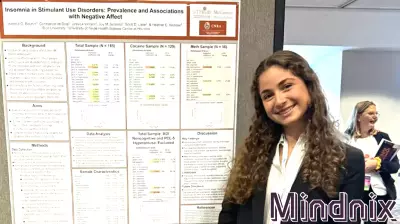The Psychological Impact of Virtual Communication in Today's Work Environment
March 28, 2025 - 05:31

Despite the growth and popularity of remote work, many organizations have begun urging employees to return to the office over the past year. This shift has raised concerns about the psychological implications of virtual communication in modern workflows. The transition back to in-person work can create anxiety for employees who have adapted to the flexibility and comfort of remote settings.
Research indicates that prolonged virtual communication can lead to feelings of isolation and burnout, as employees may struggle to maintain work-life boundaries. To mitigate these effects, companies are encouraged to adopt best practices that prioritize mental well-being. Regular check-ins, fostering a sense of community through virtual team-building activities, and promoting open lines of communication can help ease the transition.
Moreover, providing resources for mental health support and encouraging employees to take breaks can enhance overall productivity. As organizations navigate this evolving landscape, understanding the psychological impact of virtual interactions becomes essential for fostering a healthy work environment.
MORE NEWS

February 25, 2026 - 00:30
Rewired: How the Digital World Reshapes the Human BrainThe impact of our digital lives on the brain is a complex tapestry, not a simple story of harm or benefit. Emerging perspectives suggest that digital engagement, particularly among the young,...

February 24, 2026 - 00:52
Day in the life: Health sciences senior follows research toward clinical psychologyIsabella Bourtin, a health sciences senior, exemplifies the determined focus required to navigate a significant academic shift. Once firmly on the pre-med track, she has successfully pivoted her...

February 23, 2026 - 01:31
Toxic People Makes Us Age FasterThe emotional toll of difficult relationships is well-documented, but new research indicates the damage may be more than skin deep, potentially accelerating the biological aging process. A recent...

February 22, 2026 - 01:17
From Psychology to the Runway, Purpose Takes Center StageFor Lisa Jacovsky, a recent runway appearance during New York Fashion Week was far more than a fashion statement. Recognized as a `Queen of Impact` on the catwalk, the moment served as a powerful,...